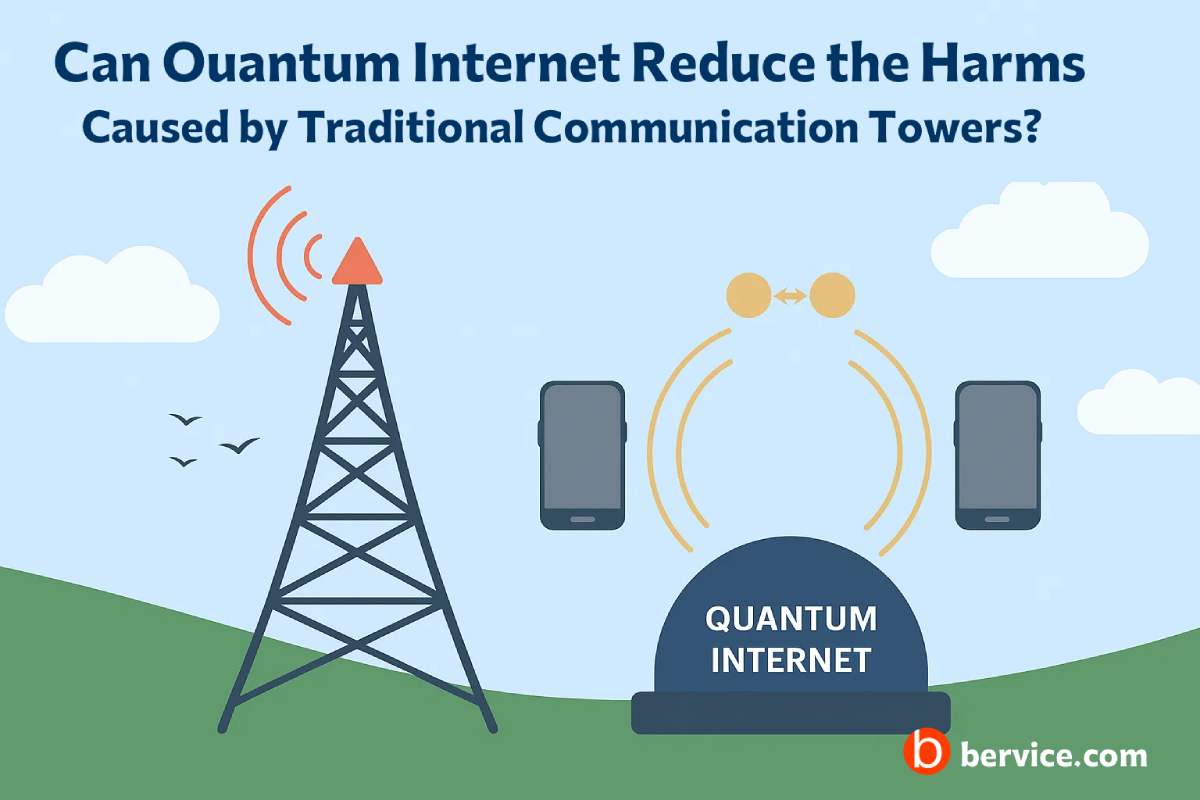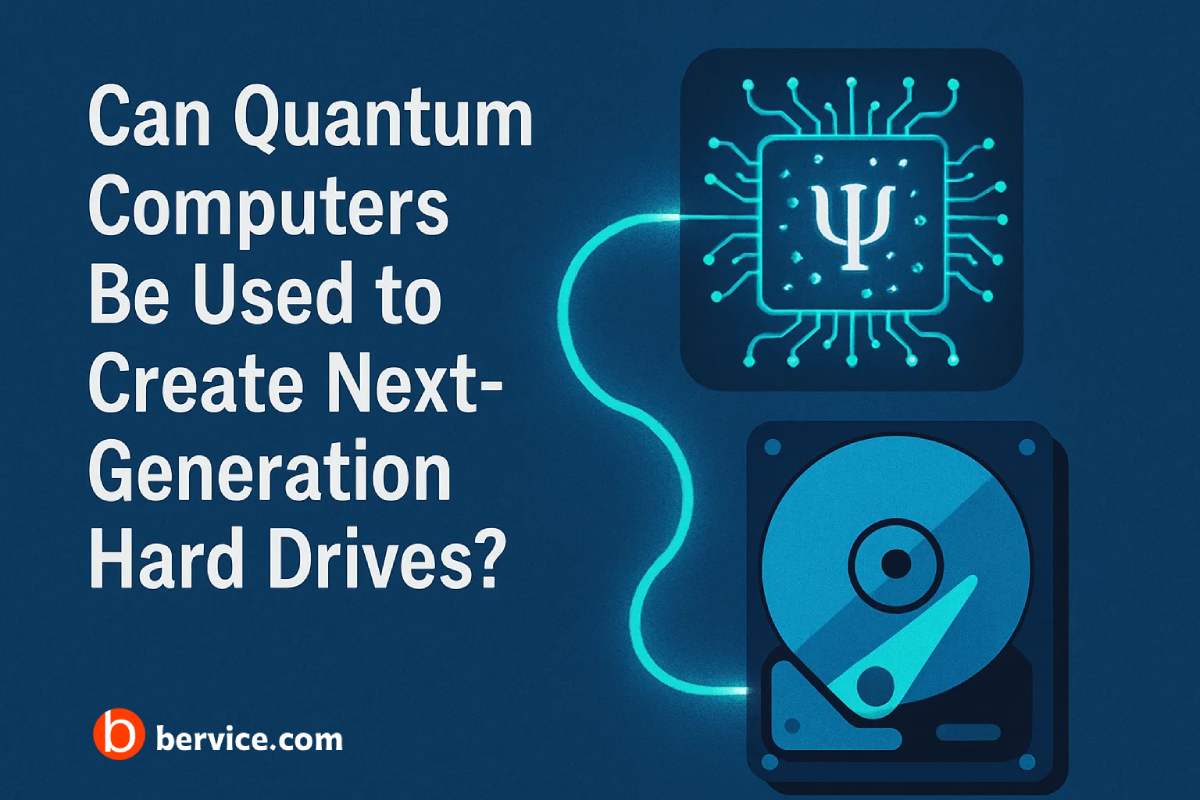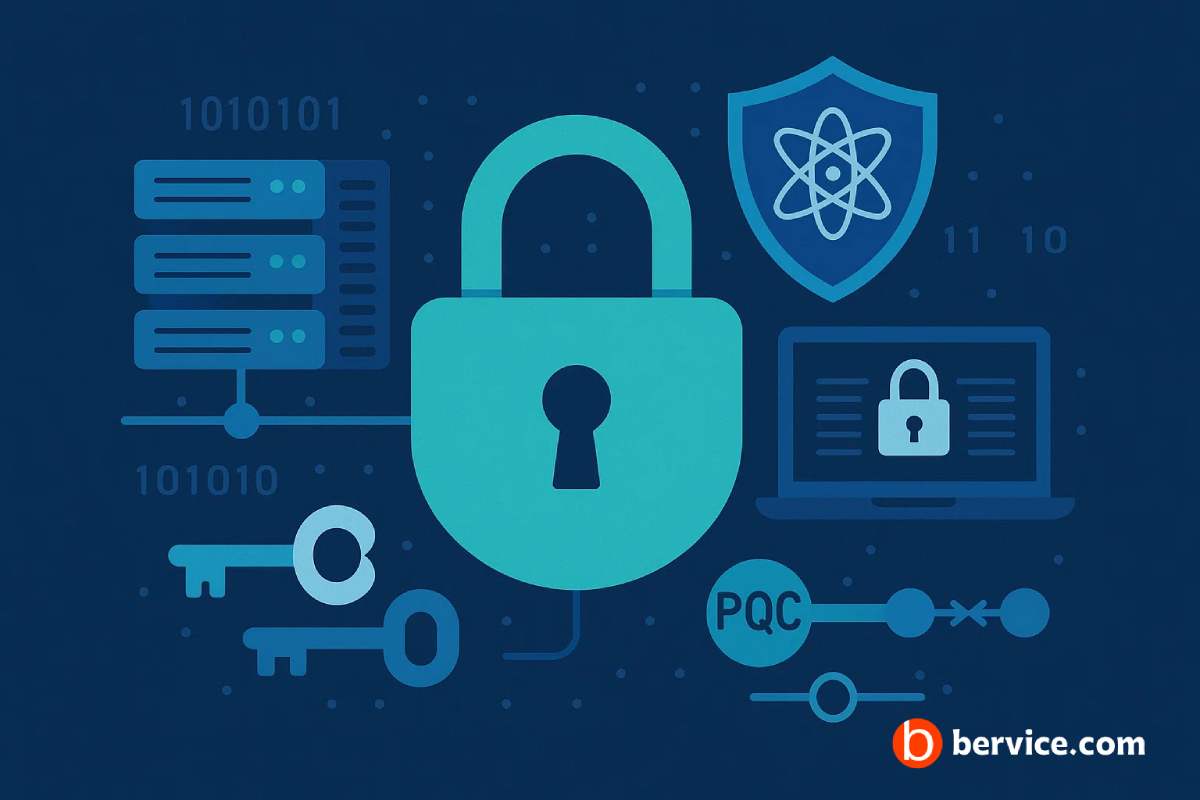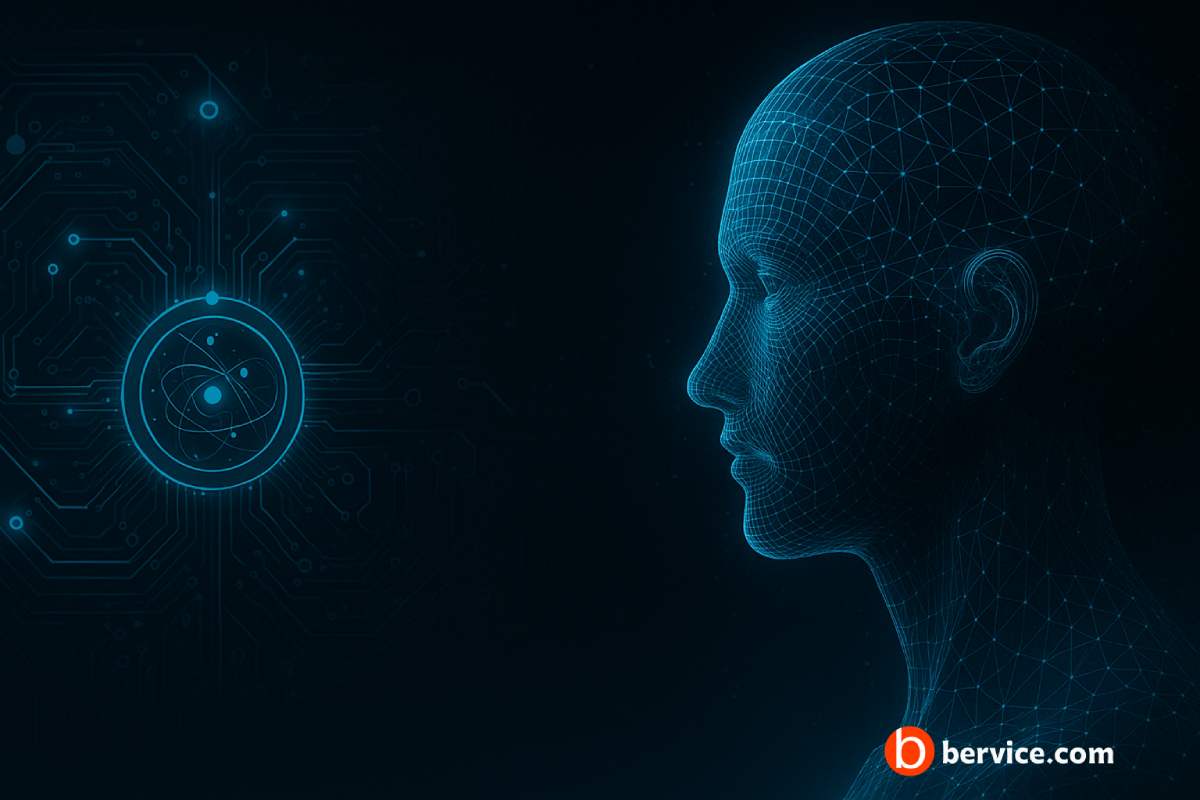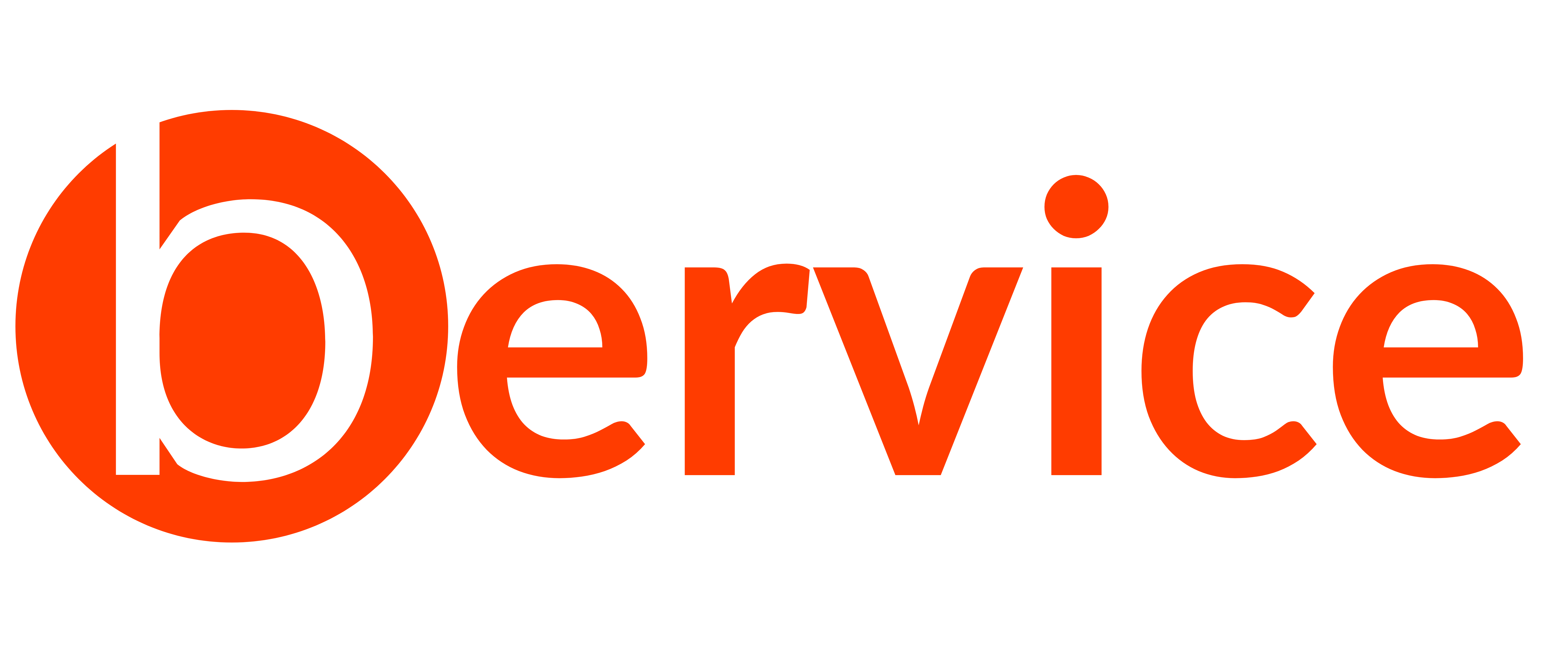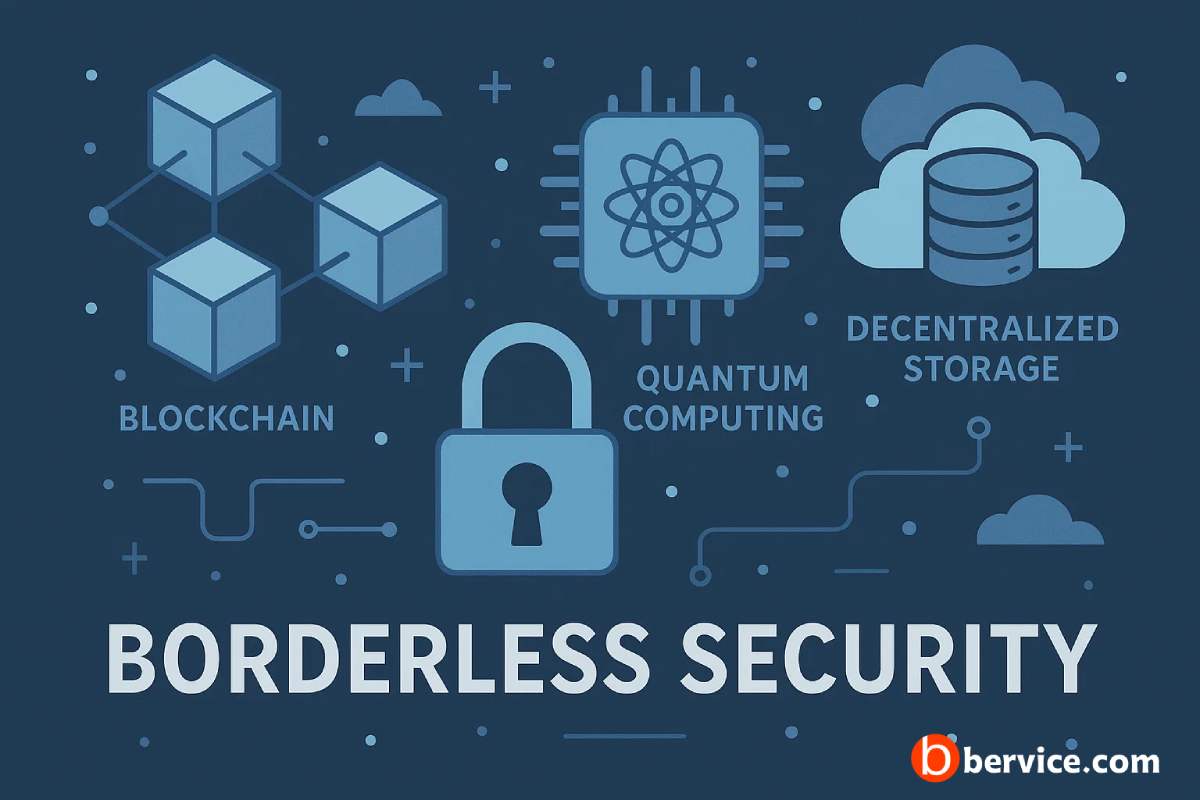
The world of technology is constantly evolving, and in the next decade, three major areas are set to redefine industries and governance models: blockchain, decentralized spaces, and quantum computing. As we look toward the future, it’s essential to understand how these transformative technologies will intersect and influence the way we live, work, and govern.
1. The Rise of Blockchain Governance
Blockchain technology, which initially gained fame through cryptocurrencies like Bitcoin and Ethereum, has expanded its reach far beyond digital currencies. Over the next decade, blockchain will play a pivotal role in governance and organizational structures.
Blockchain’s inherent transparency, immutability, and decentralization make it a perfect fit for creating more democratic and accountable systems of governance. Governments and corporations will increasingly adopt blockchain to streamline voting systems, financial transparency, and decision-making processes. This could lead to a world where governments function with higher transparency, reducing corruption, fraud, and inefficiency.
Additionally, blockchain could enable new forms of digital governance, such as Decentralized Autonomous Organizations (DAOs). DAOs are organizations that operate on blockchain, with decisions made through smart contracts and votes from stakeholders, rather than relying on a centralized body. In the future, we could see these DAOs become more common, enabling individuals from all over the world to participate in decision-making processes without the need for a centralized authority.
2. Decentralized Spaces: A New Era of the Internet
The concept of decentralized spaces has already begun to gain traction through decentralized finance (DeFi) and social networks built on blockchain technology. Over the next 10 years, these decentralized systems will evolve to become more mainstream, offering users a greater sense of control over their data, identities, and digital assets.
In the realm of the internet, we are seeing the rise of Web 3.0, a new generation of the internet that focuses on decentralization and peer-to-peer interactions. Unlike the traditional web (Web 2.0), which relies on centralized platforms like Google, Facebook, and Amazon, Web 3.0 will allow users to engage in direct transactions and interactions without intermediaries. This could transform the digital economy by enabling new forms of digital ownership and reducing the power of centralized tech giants.
As decentralized spaces gain more popularity, they will also challenge traditional business models. For example, decentralized marketplaces could disrupt industries such as e-commerce, media, and entertainment, where users will be able to create and share content, trade assets, and engage in transactions directly with each other, rather than through intermediaries.
3. The Impact of Quantum Computing on Blockchain and Decentralized Systems
While blockchain and decentralized spaces continue to evolve, the emergence of quantum computing poses both challenges and opportunities for these technologies. Quantum computing, with its potential to solve complex problems at speeds unimaginable by classical computers, has the power to revolutionize multiple sectors, including cryptography and blockchain.
Quantum computers could potentially break current cryptographic algorithms that secure blockchains, leading to concerns about the security of decentralized systems. For instance, widely-used algorithms like RSA and elliptic curve cryptography (ECC) are based on mathematical problems that quantum computers could solve much faster than classical computers. This could put sensitive information at risk, including the integrity of blockchain transactions.
However, quantum computing also opens up new possibilities for blockchain technology. As quantum computers develop, new quantum-resistant cryptographic algorithms will emerge, allowing blockchain systems to adapt and continue operating securely. In fact, quantum computing could enhance blockchain in ways that were previously unimaginable, such as enabling faster and more efficient consensus mechanisms or improving the security of smart contracts.
In the next 10 years, we are likely to see a race between quantum computing and blockchain developers, as they work to create post-quantum cryptography solutions that will protect decentralized systems from quantum attacks. As a result, we may witness a significant shift in the way cryptographic systems are designed, making them resilient to the power of quantum computers.
4. Looking Toward the Future: A Synergistic Ecosystem
In the next decade, the convergence of blockchain, decentralized spaces, and quantum computing will lead to a radically new ecosystem where governance, business, and technology are more interconnected than ever before. Blockchain technology will redefine trust and transparency in governance, while decentralized systems will give individuals greater control over their digital identities and assets.
At the same time, quantum computing will serve as both a challenge and an enabler for blockchain technology, forcing developers to innovate and create stronger, quantum-resistant cryptographic solutions. The synergy between these technologies will not only shape the future of the digital economy but also redefine how society operates on a global scale.
Conclusion
The next 10 years hold immense potential for blockchain, decentralized spaces, and quantum computing. As these technologies continue to mature, they will create a new digital ecosystem where governance, business, and personal interactions are more secure, transparent, and decentralized. The journey ahead will require collaboration, innovation, and foresight to harness the full potential of these transformative technologies. While challenges remain, the future of a blockchain-powered, decentralized, and quantum-secure world promises to be one of the most exciting and transformative eras in technological history.
Connect with us : https://linktr.ee/bervice
